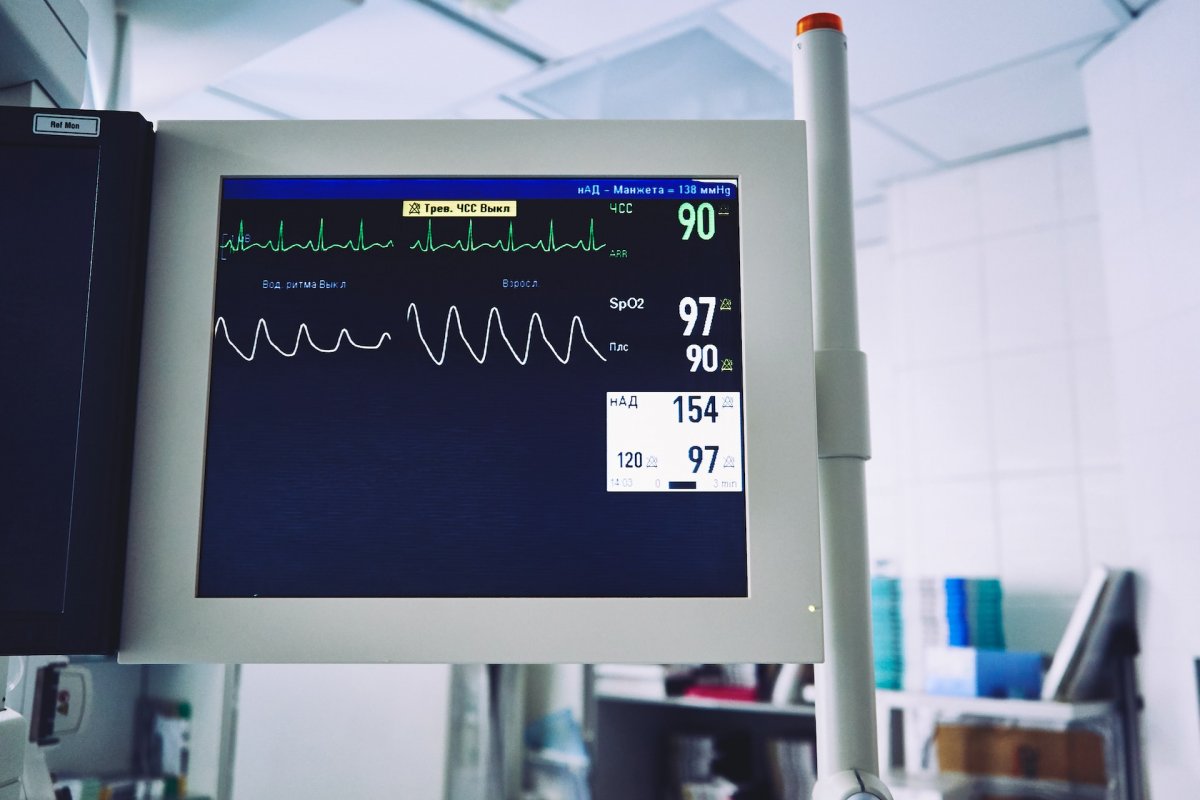
Atrial fibrillation refers to a condition of the heart that causes an irregular and often abnormally fast heart rate.
Atrial fibrillation increases the risk of a potentially fatal or life-changing stroke by five times, making awareness of symptoms more first plan. Although not everyone with atrial fibrillation experiences warning signs, there are some symptoms that can be alarming.
“The telltale sign of atrial fibrillation is a rapid heart rate, when your heart feels like it's pounding, fluttering, or beating irregularly,” says cardiologist Oleg Varfolomeev, especially for MedicForum.
2 facts doctors advise you to know about atrial fibrillation arrhythmias
However, one red flag may also occur during exercise. While different types of exercise can affect everyone's ability to do them, atrial fibrillation makes people less able to do this physical activity.
This condition can make it difficult to exercise because your heart can start beating faster, causing your blood pressure to drop and making you feel weak.
Alcohol and coffee are the leading causes of atrial fibrillation attacks
br>While strenuous exercise may seem more harmful than helpful, there are other types of physical activity that may be beneficial even for patients with atrial fibrillation.
Other signs of heart disease may include :
- Shortness of breath
- Feeling weak or dizzy
- Chest pain.
A cardiologist recommends seeing a doctor if you experience signs of atrial fibrillation.
MedicalForum has previously written about the symptoms of a heart attack.
Important! Information provided for reference purposes. Ask a specialist about contraindications and side effects and under no circumstances self-medicate. At the first sign of illness, consult a doctor.
